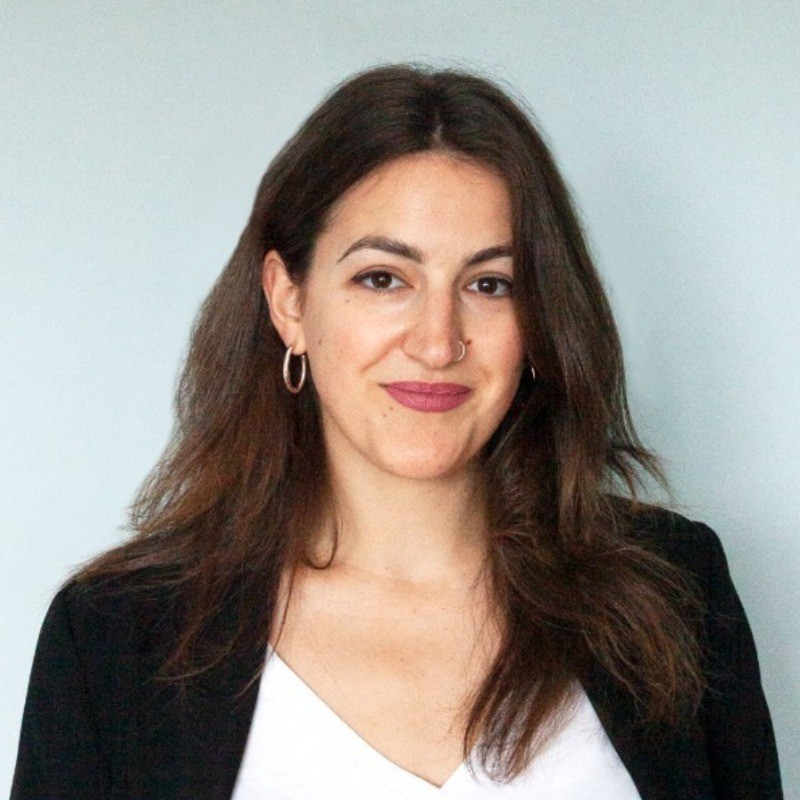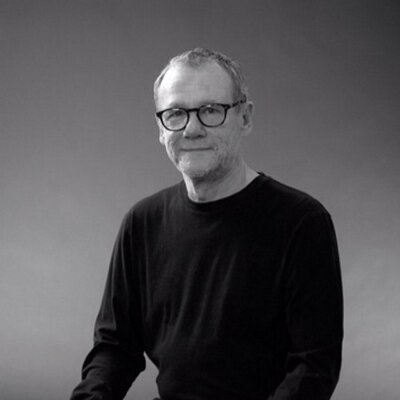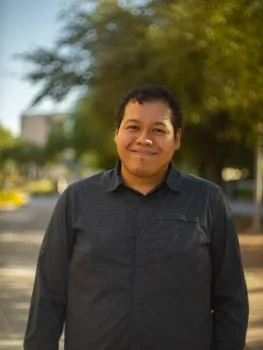Take the Copenhagen Burnout Inventory questionnaire to self-assess your risk of burnout.
Take the Copenhagen Burnout Inventory questionnaire to self-assess your risk of burnout.
The research protocol of this project was informed by the structure of the CBI to explore burnout in the design industry.
This is not a diagnostic, but rather a reflective experience about your self-reported risk of burnout.
Once you finish the questions, input your scores below to see your results.
There are many ways of tackling burnout…
here are some ideas I heard during this research project.
“Choose wisely which company you're gonna put your effort in. All that matters is if you were happy there.”
“Choose wisely which company you're gonna put your effort in. All that matters is if you were happy there.”
— Product Designer, >11 years of experience
“Feed your soul, give yourself space to just exist outside of work.”
“Feed your soul, give yourself space to just exist outside of work.”
— Exhibit Designer, 2-4 years of experience
“Having clear expectations from collaborators. Not just on expecting too much or too little”
“Having clear expectations from collaborators. Not just on expecting too much or too little”
— Service Designer, >11 years of experience



Petra Salaric
Award-winning researcher, designer, and activist. Specialist in wellbeing and taboo topics. Founder of the pstaboo consultancy.
Award-winning researcher, designer, and activist. Specialist in wellbeing and taboo topics. Founder of the pstaboo consultancy.
“You need self awareness. You need to know what you need. How do you need your day to look?
“You need self awareness. You need to know what you need. How do you need your day to look?
I started planning things in my month sometimes for the sake of planning happiness.
What do I need? What will be my restoring my energy?
It can be something to look forward to, people that I have around me.
Who is draining me and who is actually taking me further?”
I started planning things in my month sometimes for the sake of planning happiness.
What do I need? What will be my restoring my energy?
It can be something to look forward to, people that I have around me.
Who is draining me and who is actually taking me further?”

Wil Heywood
Clinical Psychologist with a focus on team building, creative collaboration and mindfulness as it relates to design and visual thinking.
Clinical Psychologist with a focus on team building, creative collaboration and mindfulness as it relates to design and visual thinking.
“Deep-dive work doesn't usually burn people out. It's all the distractions we have to deal with.
“Deep-dive work doesn't usually burn people out. It's all the distractions we have to deal with.
Deep work has to have boundaries and schedules, and where you don't get distracted, where you're allowed to do a deep dive for 50 minutes to an hour and a half without distractions because it takes us at least 20 minutes to reach that state of flow again.
Also, I would not go to a place before questioning: what is their mentoring philosophy? Do young people have a way to learn and grow and rise in the company? Or are they just brought in, and churned out because it's cheap labor?”
Deep work has to have boundaries and schedules, and where you don't get distracted, where you're allowed to do a deep dive for 50 minutes to an hour and a half without distractions because it takes us at least 20 minutes to reach that state of flow again.
Also, I would not go to a place before questioning: what is their mentoring philosophy? Do young people have a way to learn and grow and rise in the company? Or are they just brought in, and churned out because it's cheap labor?”

Eric Bandin
Doctoral Researcher who studies how hormones and brain dysfunction impact cognition, anxiety, and depression.
Doctoral Researcher who studies how hormones and brain dysfunction impact cognition, anxiety, and depression.
“The only way you can really manage stress is to find a way to put your body back in a state of equilibrium, in a healthy manner.
“The only way you can really manage stress is to find a way to put your body back in a state of equilibrium, in a healthy manner.
The biggest thing you do for stress is try to find a state where you're no longer being stressed. That sounds obvious, but like you have to understand that your body is always trying to return to a state of equilibrium, or just like a state where it's no longer being pushed one way or another.
Sleep is important, because it acts as a mechanism for your your brain to cleanse itself. Sleep is restorative.”
The biggest thing you do for stress is try to find a state where you're no longer being stressed. That sounds obvious, but like you have to understand that your body is always trying to return to a state of equilibrium, or just like a state where it's no longer being pushed one way or another.
Sleep is important, because it acts as a mechanism for your your brain to cleanse itself. Sleep is restorative.”
And the more we speak about it,
the more we can create change.